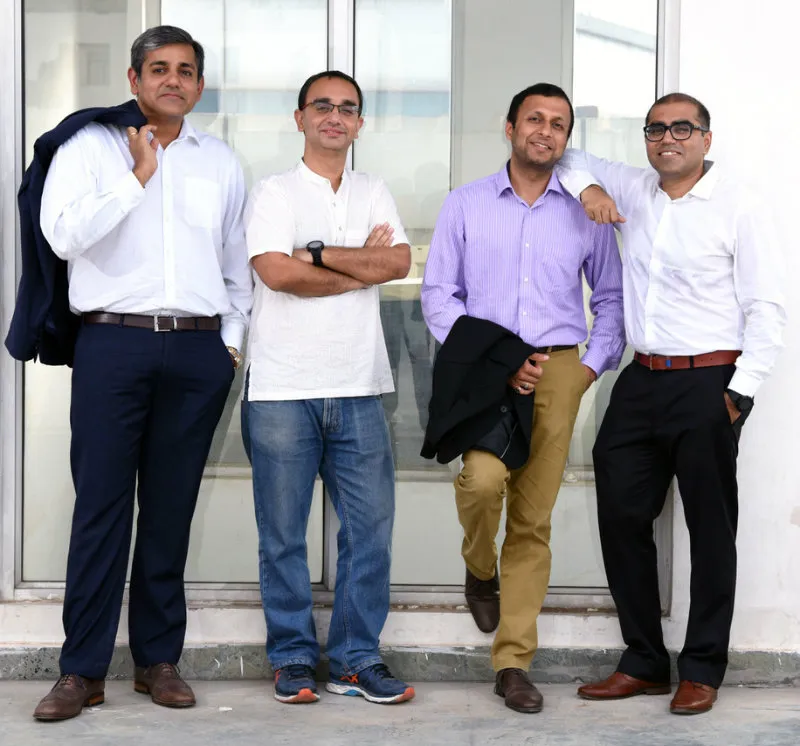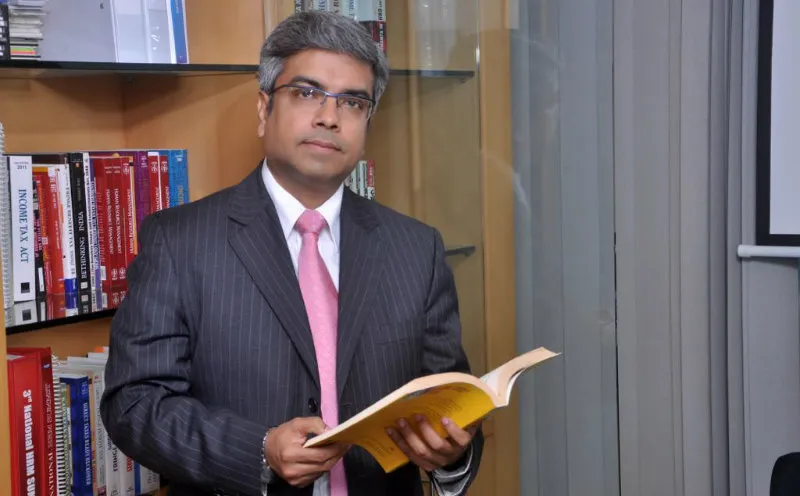From a Rs 33 Cr investment to a Rs 300 Cr exit: Why India needs to celebrate Mettl's acquisition
While we celebrate Flipkart's $16-billion exit to Walmart, let's also start looking at exits in the range of $40 million-50 million where the capital raised is almost next to nothing (compared to the big rounds we keep hearing about), and where every stakeholder involved makes money. I am talking about the sale of Mettl to Mercer. It's an exit where everyone involved has won. Even 60 of Mettl's employees are making some money.
A couple of days back, Gurugram-headquartered Mettl, the HR tech startup co-founded by Ketan Kapoor and Tonmoy Shingal in 2010, was acquired by Mercer, a global consulting leader and a subsidiary of Marsh & McLennan Companies, Inc.
YourStory has learned from sources close to the deal that the acquisition closed at approximately Rs 300 crore, which is 7x the $4.2 million-$4.8 million (about Rs 33 crore, depending on what conversion rate you apply) that the startup raised in equity funding over the years. The exit is also one of the first successful ones for a SaaS business from India. For early investor Blume Ventures, the aggregated returns (seed and pro rata in the Series A round) is 7x the investment they made.
Karthik Reddy, who wrote the first seed cheque (incidentally, just the second cheque that Blume Ventures issued soon after starting operations) says, "Look at the cycle. To me, the end state is the most important, where everyone gets an outcome, be it Mercer who will get to build globally on the assessment play, be it the founders, key employees, or all the investors. It's the Indian ecosystem of SaaS startups that wins. And it's not just one exit. Look at the outcome it will drive further; we will make more investments in this space, founders will plow (money) back to the ecosystem, Mercer will find an upside."
It is an outcome we need to reflect on. How do you raise a limited amount of money, exercise fiscal discipline, quickly turn profitable and then take advantage of the right opportunity to exit?

Vani Kola of Kalaari Capital, who was the first investor to write the Series A cheque for Mettl, told me that she found Ketan and Tonmoy highly committed entrepreneurs from the early days and what got her excited enough to invest was that they brought the conviction to build a great product business. "We are proud to partner with them," she said.
Mettl started out with $80,000 in seed funding in 2010, put together from family and friends, including InMobi Co-founder Naveen Tewari, angel investor Sasha Mirchandani, and others. The next angel round of $350,000 came just eight months later in 2011 from Blume Ventures and a Series A round from Kalaari Capital ($4 million) followed in 2012.
Mettl reported revenues of Rs 38 crore (~$5.1 million) in FY 2017. Going by the growth achieved by the company historically, the revenue in FY 2018 can be estimated to be closer to Rs 55 crore (~$7.5 million).
But like all good stories, Mettl did not have it easy. After raising the Series A round, they decided to expand to the US market and soon realised that the money burns very fast in the US market while you are fine-tuning the product-market fit. In 2013, they came back to India with a clear focus to consolidate their early wins and grow big here itself. "And that clarity of staying focused and winning the market in India, and that too frugally, was a key journey we made," says Ketan, adding:
"When we tried raising money in 2013-14, the investors were not excited enough to consider us (and it showed in the no or low valuations we were being offered). Once we became profitable, things changed, but by then we decided not to raise further money. We had developed a rigor that comes from running a profitable venture with extreme focus."
Ketan says that to win in the Indian market, you need to have to have the product, tech, and sales all working in tandem, and, a bit of luck too: "You will get business because of a good product, and for the product to get inroads to customers, you also need a solid sales team."
Mettl's talent assessments are built around secure and scalable software as a service (SaaS) platform and use big data analytics. According to a note from the company, "The platform includes proprietary content to measure personality, ability and job-specific skills. Mettl also licenses its platform as a stand-alone technology for clients’ own content."
Adding a tailwind to Mettl's flight was the current government's drive of Skill India, which helped propel them to a new set of customers. With a current paying-customer list of over 2,000 companies and 94 percent retention, Mettl's journey, according to the founders, has just begun.
We seem to have two templates of startups maturing. One is the kind that continues to raise huge rounds of funding (think $500 million, $1 billion or more) in a bid to either eventually go public or wait for a global player to come acquire it (like Flipkart/Walmart).
The other template - and we hope to see more of these - is the one that Mettl has created. Where you raise only a limited amount of money but you set up a successful, scalable business built on a solid technology foundation, which gets sold for a huge multiple. Not only have the founders made money, but the deal has also created real wealth for many of its employees.
So why sell now? Ketan agrees that the huge upside is to be built now, and they could have very well chosen to continue running Mettl independently. But they didn't.
"For the vision and huge global potential that we see, Mercer will be our best partner to make it happen, they are present in 130 countries, and we will go everywhere with them."
Ketan adds he and Tonmoy are excited about this new inning with Mercer.
According to Ilya Bonic, Global President of Mercer’s Career line of business, the acquisition gives Mercer an entry into the rapidly-growing global talent assessment market and further enhances its position as a trusted strategic talent advisor to companies.

When I asked Anish Sarkar, Mercer’s India CEO on why they chose Mettl, he remarked,
“Mercer’s acquisition of Mettl, after having evaluated several assessment companies, is a testament to the high quality of enterprise and innovation that exists in India. We strongly believe that Mettl’s platform is world-class and our vision is to take it to our clients in other emerging markets, and beyond to mature markets as well."
Anish also tells me that Mercer has a strategic partnership with another startup, HealthifyMe, and ends by saying that Mercer continues to closely track India’s vibrant digital startup ecosystem for future partnership opportunities.
Naganand Doraswamy, who makes early-stage B2B bets through Ideaspring Capital, says, "Acquisitions in $40 million to $100 million range are very critical to the health of the startup ecosystem in India. This acquisition is great as everybody makes money and also a quick exit."
Here's looking forward to another such exit in the not-so-distant future. And celebrating an outcome where everyone wins!







